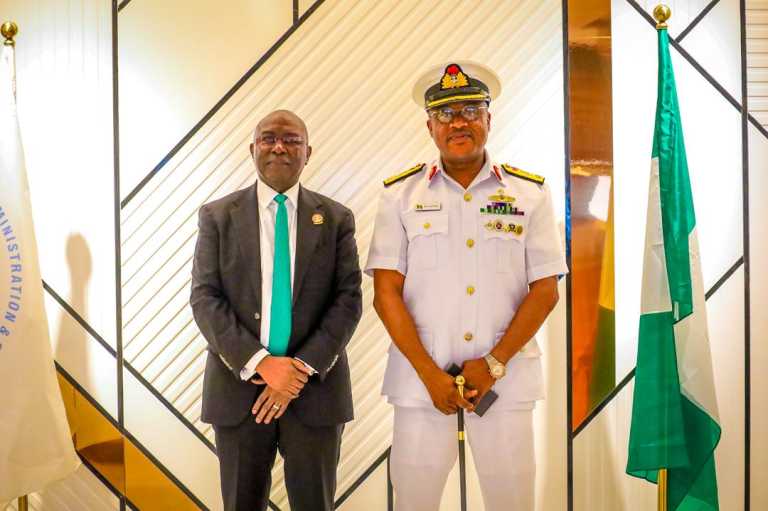Rafsanjani Takes Helm at CAPPA’s Advisory Board, Sounds Alarm on Solid Minerals Drive
By prince Benson Davies
Auwal Musa Rafsanjani has been named Chairman of the Corporate Accountability and Public Participation Africa (CAPPA)’s Advisory Board. Rafsanjani, a veteran civil rights leader, brings decades of experience in promoting transparency, human rights, and anti-corruption reforms.
Rafsanjani’s Background:
– Executive Director, Civil Society Legislative Advocacy Centre (CISLAC)
– Head, Transparency International Nigeria
– Chair, Board of Trustees, Amnesty International Nigeria
– Leader, Zero Corruption Coalition
Rafsanjani’s appointment signals a renewed commitment to defending people’s rights and promoting accountability in Africa
In its statement to the media, CAPPA said it is confident that Mr Rafsanjani’s formidable experience in anti-corruption campaigns and policy advocacy will strengthen its work across Africa. The organisation noted that his leadership arrives at a time when civic space is shrinking, state resources are being commercialised, and communities face the double risk of economic exclusion and environmental harm.
The Advisory Board also includes Akinbode Oluwafemi, Executive Director and Board Secretary; Evelyn Nkanga Bassey, Treasurer; Scott Pegg; Kayode Ogunbunmi; Betty Abah; and Doifie Buokoribo. Together they bring deep experience in policy-advocacy, environmental and rights activism, global-development practice and community-defence organising.
Speaking after his election, Mr Rafsanjani noted that his priority is to anchor CAPPA more firmly as a fearless watchdog for public good. He highlighted the organisation’s work in public health advocacy, environmental protection and extractive justice, democratic rights, and defence of public services as core areas that will receive stronger institutional backing and clearer strategic direction.
The board also used the occasion to sound a clear warning on the direction of Nigeria’s mining sector. It stated that the global energy transition has triggered an aggressive hunt for lithium and other “green minerals” essential for batteries, electric vehicles, and digital infrastructure.
While corporations present this as a new economic frontier and the Nigerian government recently celebrated that the mining sector now contributes about 4.6 percent to national GDP— up from less than half a per cent a decade ago, the board stressed that this growth is unfolding alongside land grabs, forced displacement, environmental degradation, and the return of concession-style politics in host communities.
The board stated plainly that Nigeria risks repeating the tragedy of the Niger Delta all over again, where oil wealth produced national revenue but destroyed entire ecosystems and livelihoods. It stressed that unless the government enforces strong regulation, guarantees community consent, and ensures transparent governance, the country will simply replace one resource curse with another.
The board reminded policymakers that there can be no just transition if communities do not share in its benefits. CAPPA called for a people-centered resource framework that treats land, water, culture, and livelihoods as more than collateral for investment. It urged Nigerians to question any development model that enriches a few while displacing many and devastating the environment.
Reaffirming its commitment, CAPPA vowed to expand alliances with labour movements, grassroots organisations, women’s groups, youth formations, and community defenders across the continent. It declared that the fight for public accountability and participation is one struggle that scattered voices cannot win.
 The New Experience Newspapers Online News Indepth, Analysis and More
The New Experience Newspapers Online News Indepth, Analysis and More
